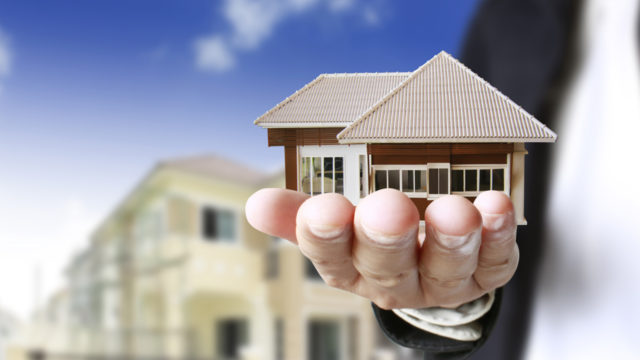Real estate property development refers to the process of creating, improving, and selling or leasing land and buildings for residential, commercial, or industrial use. It involves a range of activities, from land acquisition and site preparation to construction and marketing. The following are some of the key features of real estate property development. This involves a thorough analysis of the local real estate market, including factors such as zoning regulations, transportation infrastructure, and demographic trends. Developers need to consider the potential risks and benefits of each site before making a purchase.
Feasibility studies: Once a site has been selected, developers conduct feasibility studies to determine the viability of the project. These studies include analyzing the financial, legal, and environmental aspects of the development, and assessing the demand for the type of property being proposed.
Planning and design: The next step is to create a detailed plan for the development, which includes the design of the buildings and infrastructure. Developers work with architects, engineers, and other professionals to create a plan that meets the needs of the target market and complies with local regulations.
Financing: Property development requires significant financial resources, which can come from a variety of sources such as loans, equity investments, or government subsidies. Developers need to have a clear understanding of the costs involved in the project and create a realistic budget to ensure profitability.

Construction: Once financing is secured, construction can begin. Developers oversee the construction process, which includes coordinating with contractors and ensuring that the project is completed on time and within budget. Quality control is also a critical aspect of construction, and developers need to ensure that the buildings meet the necessary standards.
Marketing and sales: Once construction is complete, developers need to market and sell or lease the property. This involves creating a marketing plan, hiring sales agents, and organizing open houses and other events to attract potential buyers or tenants.
Property management: Property development does not end with the sale or lease of the property. Developers may also be responsible for managing the property, including maintenance and repairs, collecting rent or mortgage payments, and enforcing lease agreements.
Risk management: Property development involves a significant amount of risk, including market fluctuations, construction delays, and unforeseen costs. Developers need to have a solid risk management plan in place to minimize potential losses and protect their investments.
Sustainability: With increasing concern over the environment and climate change, sustainable development practices are becoming increasingly important in property development. Developers need to consider the environmental impact of their projects, including the use of renewable energy sources, waste reduction, and the conservation of natural resources.
Collaboration: Property development involves a wide range of stakeholders, including government agencies, community groups, and financial institutions. Developers need to work closely with these stakeholders to ensure that their projects are aligned with local priorities and regulations and meet the needs of the community.
In summary, real estate property development is a complex and multifaceted process that involves a range of activities, from site selection and feasibility studies to marketing and sales. Developers need to have a thorough understanding of the local real estate market, and a range of technical and financial skills, to successfully manage the development process. With the right approach and careful planning, property development can be a lucrative and rewarding investment opportunity.


